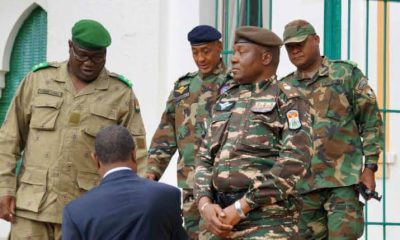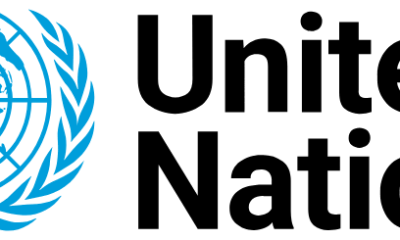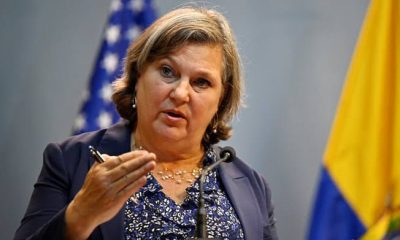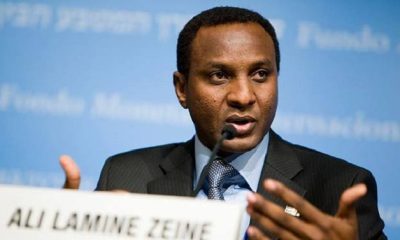Foreign
West Africa threatens force on Niger coup leaders, French embassy attacked

West African nations imposed sanctions and threatened force on Sunday if Niger’s coup leaders fail to reinstate ousted President Mohammed Bazoum within a week, while supporters of the junta attacked the French embassy in Niamey.
The 15-nation ECOWAS bloc’s response to the Sahel region’s seventh coup of recent years came as crowds in Niger’s capital Niamey burned French flags and stoned the former colonial power’s mission, drawing tear gas from police.
Images showed fires at the embassy walls and people being loaded into ambulances with bloodied legs.
At an emergency summit in Nigeria to discuss last week’s coup, leaders of the Economic Community of West African States called for constitutional order to be restored, warning of reprisals if not.
“Such measures may include the use of force,” their communique said, adding that defence officials would meet immediately to that effect.
Chad’s President Mahamat Idriss Deby, who came to power in 2021 after a coup, met his Nigerian counterpart Bola Tinubu on the sidelines of the summit and volunteered to speak to the military leaders in Niger, two presidential aides told Reuters, asking not to be identified.
Niger’s state TV showed Deby arriving and meeting them.
ECOWAS and the eight-member West African Economic and Monetary Union said that with immediate effect borders with Niger would be closed, commercial flights banned, financial transactions halted, national assets frozen, and aid ended.
Military officials involved in the coup would be banned from travelling and have their assets frozen, it added.
Niger’s prime minister under Bazoum’s government, Ouhoumoudou Mahamadou, said ECOWAS sanctions would be disastrous because the country relies heavily on international partners to cover its budgetary needs.
“I know the fragility of Niger, I know the economic and financial context of Niger having been the finance minister and now prime minister,” Mahamadou, who was abroad when the coup occurred, told France24 television from Paris.
“This is a country that will not be able to resist these kinds of sanctions. It will be catastrophic,” he added.
U.S. Secretary of State Antony Blinken welcomed ECOWAS’s action on Sunday.
“We join ECOWAS and regional leaders in calling for the immediate release of President Mohamed Bazoum and his family and the restoration of all state functions to the legitimate, democratically-elected government,” said Blinken in a statement.
Similar sanctions were imposed by ECOWAS on Mali, Burkina Faso, and Guinea following coups in those countries in the past three years.
Although the financial sanctions led to defaults on debt – in Mali in particular – such measures have tended to hurt civilians more than the military leaders who seized power in some of the world’s poorest countries, political analysts say.
Timelines to restore civilian rule have been agreed in all three countries, but there has been little progress implementing them.
The military coup in Niger, which began unfolding on Wednesday, has been widely condemned by neighbours and international partners including the United States, the United Nations, the African Union, the European Union, and former colonial power France.
They have all refused to recognise the new leaders led by Gen. Abdourahamane Tiani.
Niger has been a key ally in Western campaigns against insurgents linked to al Qaeda and Islamic State in the Sahel, and there are concerns that the coup could open the door to greater Russian influence there.
Thousands of French troops were forced to withdraw from neighbouring Mali and Burkina Faso following coups there.
Niger is one of the poorest countries in the world, receiving close to $2 billion a year in official development assistance, according to the World Bank.
Foreign
3 teens arrested in Germany for allegedly plotting terror attack
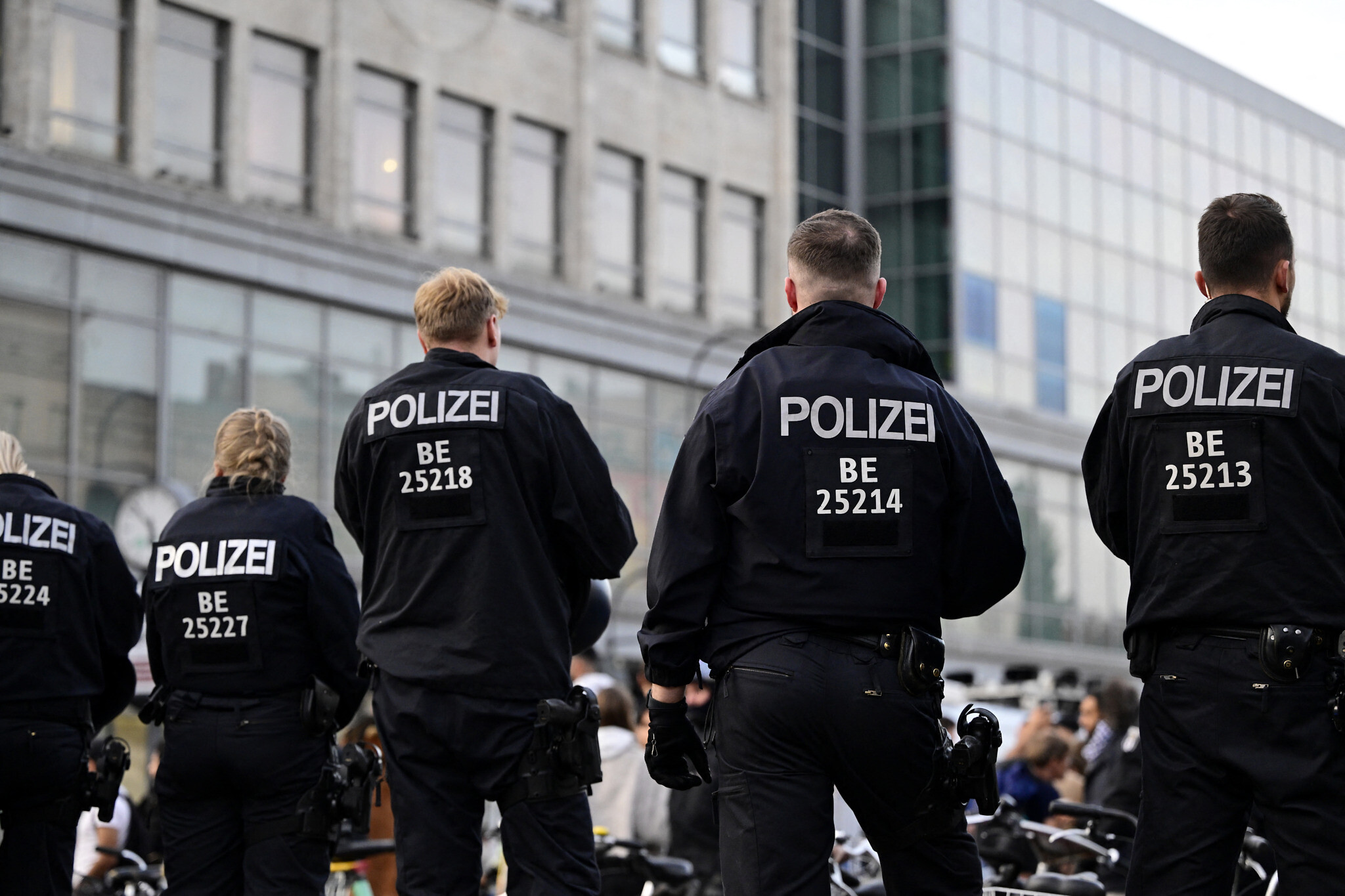
German authorities have arrested three teenagers aged 15 and 16 on suspicion of plotting a deadly Islamist terrorist attack in the western German state of North Rhine-Westphalia, prosecutors said on Friday.
The state’s Central Office for the Prosecution of Terrorism (ZenTer NRW) sought an arrest warrant for the teenagers over the Easter holiday.
They were suspected of plotting a terrorist attack in accordance with the aims and ideology of (extremist militia organisation) Islamic State.
The detained suspects are a 15-year-old girl from Dusseldorf, a 16-year-old girl from the Märkischer Kreis district and a 15-year-old boy from the Soest district, located about 100 kilometres to the east of Dusseldorf.
A fourth suspect has reportedly been identified in the south-western German state of Baden-Württemberg, and the local court there has issued an arrest warrant.
According to the investigators, the teenagers are accused of having agreed to commit murder and manslaughter.
This is in conjunction with the preparation of a serious act of violence endangering the state.
The presumption of innocence applied in all stages of the proceedings.
Security sources told newsmen that the young people had formed a chat group, but had not drawn up a concrete attack plan for a particular time and place.
However, sources said the cities of Dortmund, Dusseldorf and Cologne were discussed as targets, and attacks with knives and Molotov cocktails on people in churches or police officers in police stations had been considered.
The sources said authorities had also conducted searches as part of the investigation.
A machete and a dagger were seized in Dusseldorf, but no evidence of the construction of incendiary devices was discovered.
Sources said the father of the Dusseldorf suspect had already attracted attention from authorities in the past because he had allegedly collected donations for the Islamic State.
The investigators declined to reveal how the suspected terrorists were tracked down, but said that foreign intelligence agencies “did not play a role.”
Foreign
Putin Registers As Candidate For Russia’s Next Presidential Election
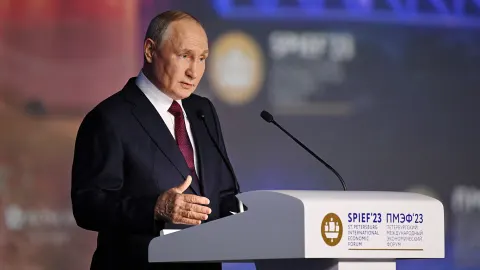
Russia on Monday officially recognised Vladimir Putin as a candidate for the presidential elections in March, a vote that he is all but certain to win.
The 71-year-old has led Russia since the turn of the century, winning four presidential ballots and briefly serving as prime minister in a system where opposition has become virtually non-existent.
The Central Election Commission said it had registered Putin, who nominated himself, as well as right-wing firebrand and Putin-loyalist Leonid Slutsky as candidates for the vote.
The election will be held over a three-day period from March 15 to 17, a move that Kremlin critics have argued makes guaranteeing transparency more difficult.
Following a controversial constitutional reform in 2020, Putin could stay in power until at least 2036.
Rights groups say that previous elections have been marred by irregularities and that independent observers are likely to be barred from monitoring the vote.
While Putin is not expected to face any real competition, liberal challenger Boris Nadezhdin has passed the threshold of signatures to be registered as a candidate.
However, it is still unclear if he will be allowed to run, and the Kremlin has said it does not consider him to be a serious rival.



